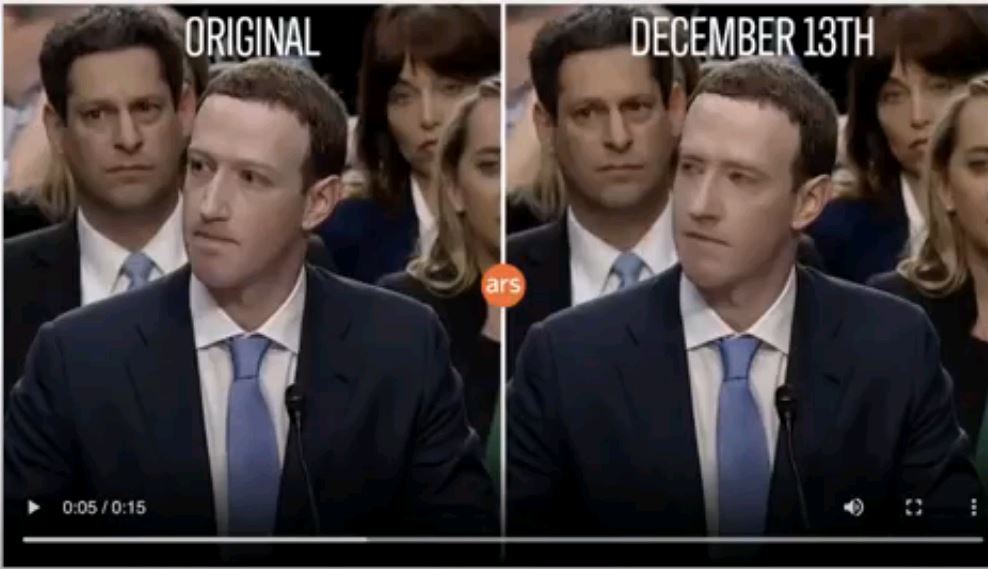Introduction to Digital Forensics
If you’ve turned on the television at all in the last few years, you’ve no doubt encountered at least one show about forensics. However, one of the fields of forensics that is rarely depicted is the ever-growing field of digital forensics. In a world where we are more and more dependent on our technological devices, digital forensics is becoming ever more important.




